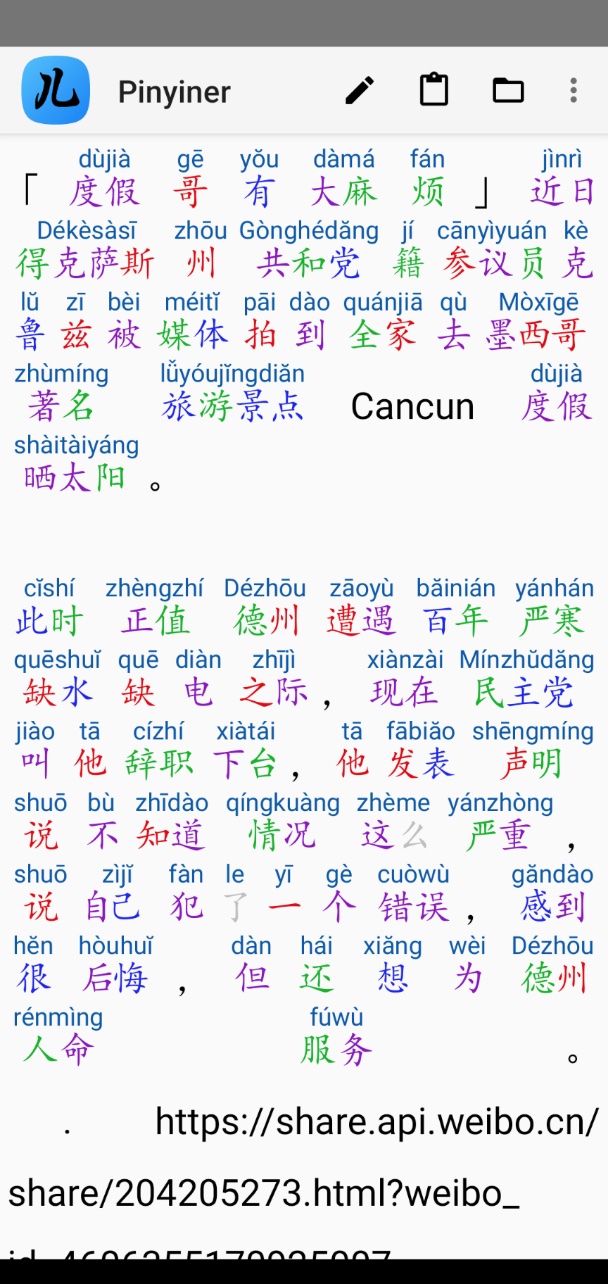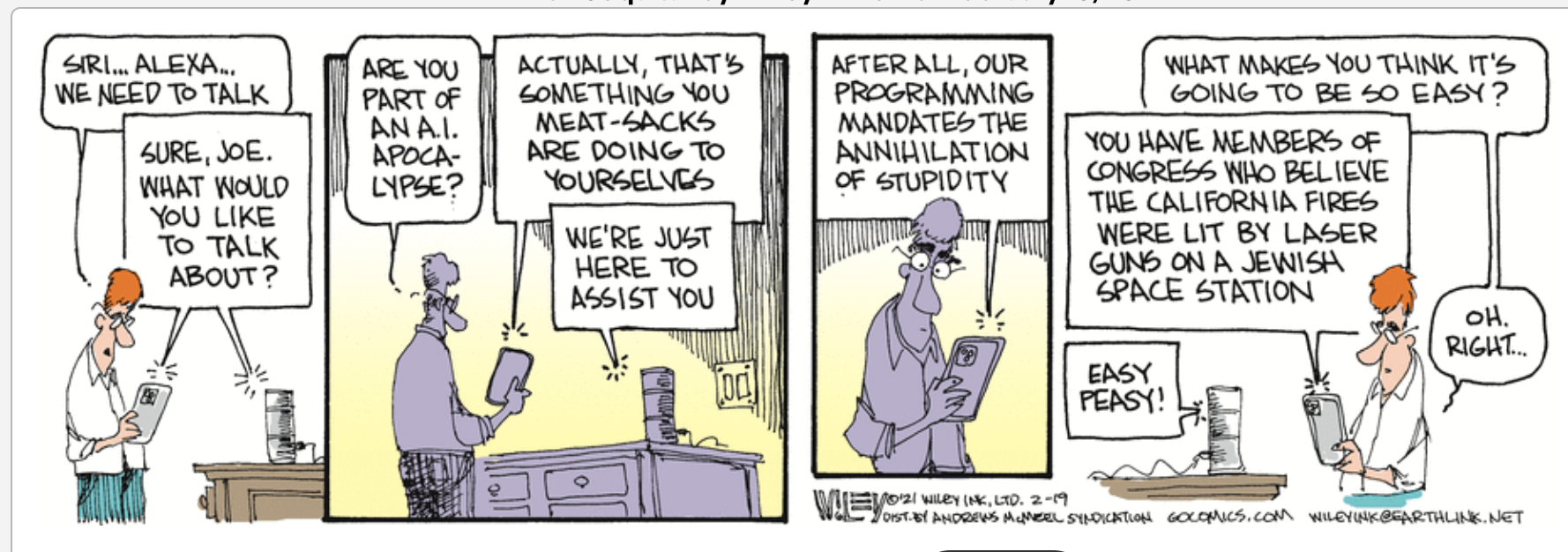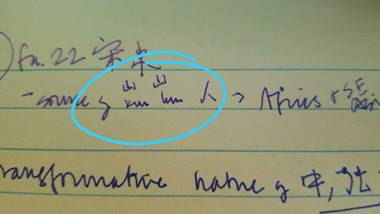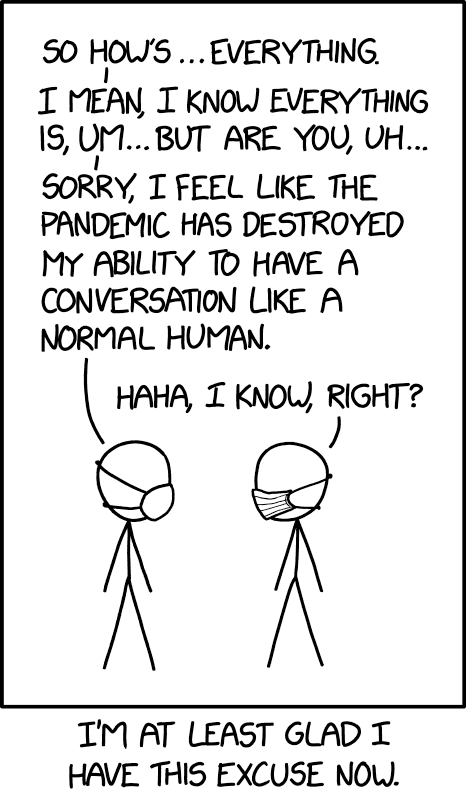Explication of a favored emoji
Within the last couple of years, some of my students expressed themselves by sticking this emoji — 😂 — at strategic places in their messages to me. Funny thing is that I never really knew how to interpret it. It looks like the face of someone who is laughing so hard that they are crying. Maybe that's not far off in terms of iconographic analysis, but I was never confident that I was correctly comprehending what the students wanted to communicate to me with this emoji.
About a week ago, Zoom forced me — right as I was about to begin a class!! — to update my system. Naturally, when it was all over with the cursed passwords (which are one of my biggest trials in life these days [within the next few weeks, I have to change ALL of my passwords, which is being forced on me by UPenn]) and multiple stages of downloading, I was late for class, which gave me a huge amount of stress.
With the new Zoom system, I noticed one big change, namely, in the past when I wanted to comment positively on a student's performance, I could choose from a thumbs up sign or clapping hands. After the download of the new system, I suddenly had more than half-a-dozen reactions, one of which was 😂. Although I wasn't sure what it meant, I decided to try it out, which led to a confession to the class on my part that I didn't really know what 😂 meant, followed by a brief discussion in which the students tried to educate me.
Read the rest of this entry »






